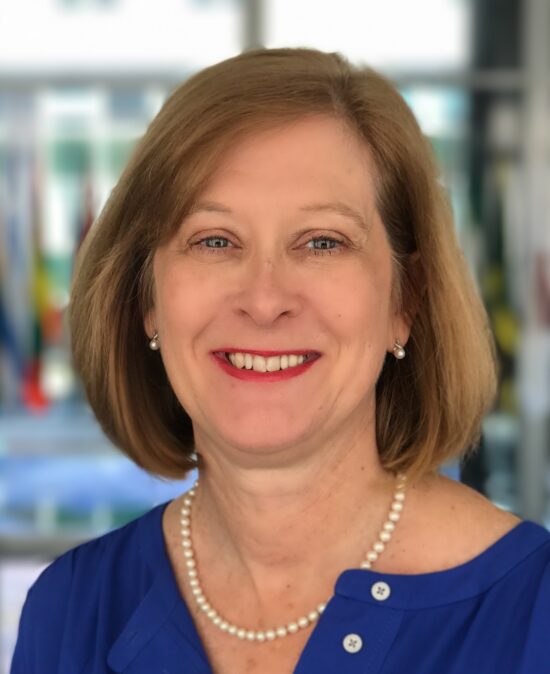*Editor’s note: Before she became the Deputy Assistant Secretary for Professional and Cultural Exchanges at the U.S. Department of State, Susan R. Crystal entered the world of diplomacy through an internship with GlobalPittsburgh, a Community-Based Member in Pittsburgh, PA. She discusses her career trajectory and advice for emerging public diplomacy leaders.

Susan Crystal, Deputy Assistant Secretary for Professional and Cultural Exchanges. Credit: U.S. Department of State
You’re a Pittsburgh native and former intern with GlobalPittsburgh, a Community-Based Member. How did you get involved with the organization and did it play a role in your career development?
I was looking for an internship in international affairs and came across GlobalPittsburgh (then called the Pittsburgh Council for International Visitors). I interviewed over the holidays and luckily they were willing to take me on for a summer internship. It was such a great experience and I learned so much from the staff and volunteer network. We had great connections with all of the universities in Pittsburgh and I clearly remember participating in an International Visitor Leadership (IVLP) project with a group from Europe, touring one of the steel mills. I still have the hard hat that we were given.
GlobalPittsburgh introduced me to international exchanges. The experience definitely helped me during my oral exam for the Foreign Service and my decision to select Public Diplomacy as my career track. How lucky am I to now work in the Bureau of Educational and Cultural Affairs and have the IVLP in my portfolio! It doesn’t get better than that.
In addition to joining the Foreign Service, you also worked for a Member of Congress. How did this 360-view of government guide you to your current leadership role at ECA?
Having the experience in the legislative branch was a definite boon to my work at the U.S. Department of State. I learned how both individual members and committees worked, and saw firsthand the important relationship between citizens and their Members of Congress. I have been able to use my knowledge about the legislative process throughout my professional life, especially when I explain to foreign publics the three branches of the U.S. government.
In your view, how do professional and cultural exchanges help benefit U.S. foreign policy goals and national security?
U.S. foreign policy goals underpin all professional and cultural exchanges undertaken by the U.S. Department of State. Our embassies and consulates determine the goals, and they work with ECA to decide how to “move the needle.” Sometimes, they will use an IVLP project; other times it’s a cultural event or academic programs. Each program is a piece of the puzzle that we use to effect positive change.
What can the Global Ties Network – a community of 120+ nonprofit member organizations – do to better facilitate professional and cultural exchanges?
Continue to focus on your expertise and tell your story! Each city, each community, is so unique. Reach out to businesses and schools and individuals. It can be a hard slog, but it’s so worth it in the end when you make the right connections. Share your ideas, as Global Ties U.S. does so well through its newsletters and training and the Diplomacy Begins Here Regional Summits.
If you had to give one piece of advice to aspiring public diplomacy leaders looking to enter the field of international exchanges and education, what would it be?
Be curious—look for opportunities and act on them. Don’t be afraid to ask questions and reach out to people who can expand your network and your horizons. As we often say to International Visitors who might question a visit to a particular city or town that is new to them, embrace new opportunities—you often get more out of an unexpected interaction than the tried and true option.
